It is lovely to spend time outdoors listening to the birds’ chirp while enjoying the sunshine, but allergies can sure put a damper on it. To make sure you don’t miss out, part two of this series explores some whole foods and supplements that can help naturally ease some of your allergy symptoms so you can enjoy everything that the season has to offer.
Rule Out Food Allergens
First off, get tested for allergies and eliminate any foods or substances that cause a reaction, as well as any cross-reacting foods, from your environment. This includes any products you may use as well. The more you can do to eliminate your contact with known allergens the better.
Apples, Onions and Stinging Nettle
Incorporate quercetin into your regiment a few months before your peak allergy season. Quercetin is an antioxidant that prevents the release of histamines. Naturally occurring in onions and apples, it has an anti-inflammatory response in the body (1) which helps reduce allergy symptoms such as swelling, runny nose, and watery eyes.
Stinging nettle often enjoyed as a tea, is also revered for its anti-inflammatory properties. (2) Whether you increase your consumption of quercetin-rich foods or incorporate it and stinging nettle as a supplement, both work as a potent and natural way to help combat allergy symptoms.
Boost your Immune System
The physical symptoms we call allergies are the result of our immune system releasing histamines to combat what the body deems an invader. Though these invaders, or allergens, seem harmless a weakened immune system identifies them as a threat. (3) To fortify your immune system, turn to foods rich in vitamin C like lemons. Warm water and lemon first thing in the morning helps detoxify the body, boost the immune system, and provides an extra dose of antioxidants.
Including foods that naturally combat inflammation is paramount to treating allergy symptoms. Pineapple, mentioned in a previous post exploring bromelain, is rich in vitamin C and is anti-inflammatory. Another example is garlic, which is also antibacterial, antiviral, and antifungal. To reap the benefits of this wonder-herb enjoy it in its raw state such as grated on roasted potatoes before serving or blended into a salad dressing. Kale and other dark leafy greens are rich in vitamins, minerals, and antioxidants too so keep up with your green juices and smoothies!
To support your immune system you can also up your intake of probiotic-rich foods. As mentioned in a previous post, probiotics improve digestion, help clear skin, and help support and balance the immune system. From fermented kraut to kefir, there are tons of tasty ways to incorporate probiotics into your lifestyle.
Nuts, nuts, and more nuts
Nuts are a wonderful source of nutrition and healthy fats. Omega-3 fatty acids are known to aid in clearing and healing reactive skin. From walnuts and chia seeds to flax and pumpkin, a serving a day can go a long way to help soothe rashes and other allergic reactions. Morning porridge with oats, flax, and brazil nuts would be a great way to start the day. Oats and brazil nuts are rich in selenium, another antioxidant that helps reduce inflammation. Actually, you can cover your daily need for selenium in just two brazil nuts. (4) How tasty is that?
These were just a few shining examples of whole foods and herbs you can enjoy to boost your immune system and treat some of your allergy symptoms. If you decide supplements are best for you, remember to talk to your doctor or primary care provider before incorporating them into your routine.
Do you have a favorite fruit, vegetable, or herb that helps you during allergy season? Let us know below and stay tuned for part three in the series where we will explore the wonders of essential oils and how they can help!
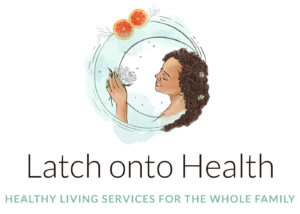

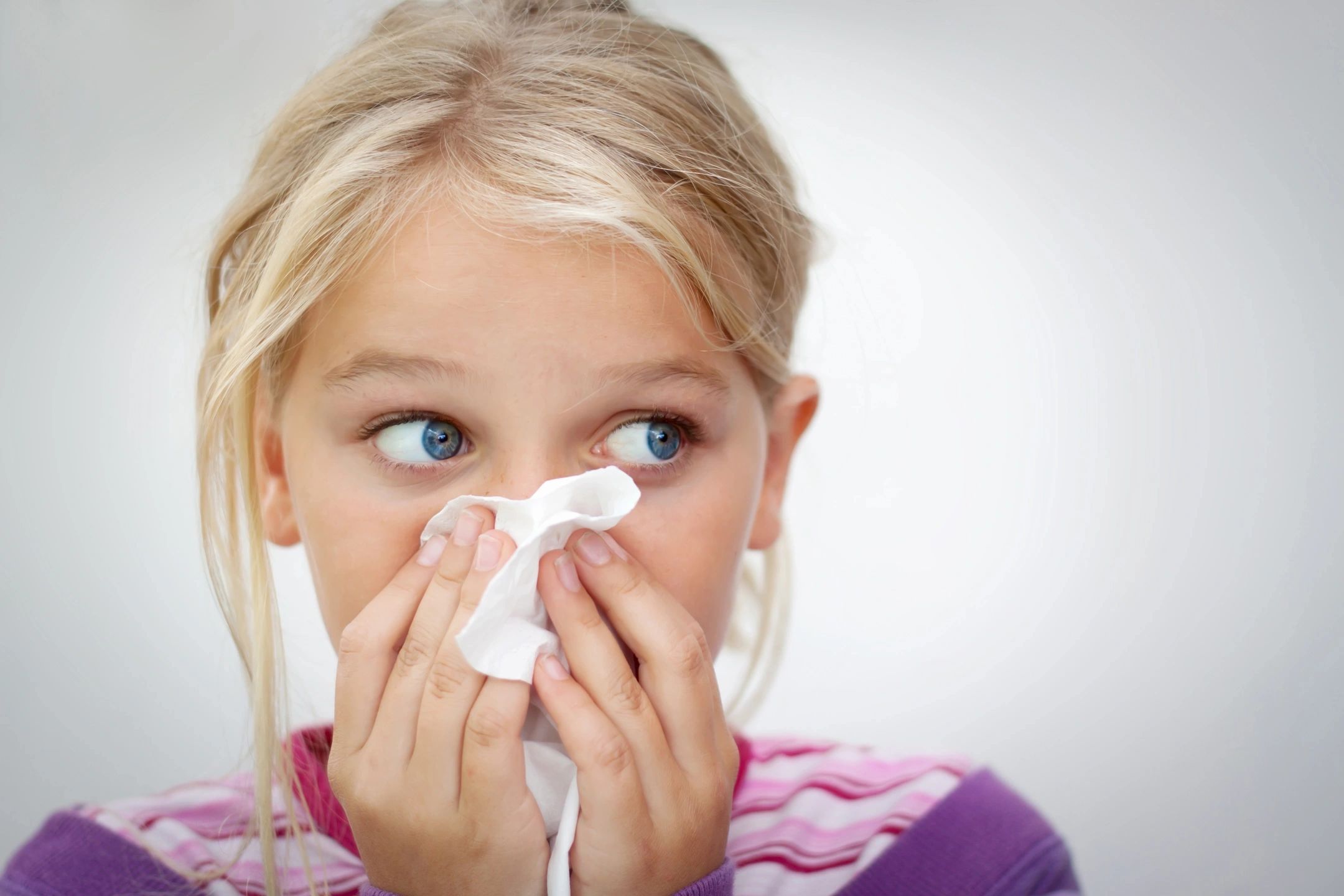
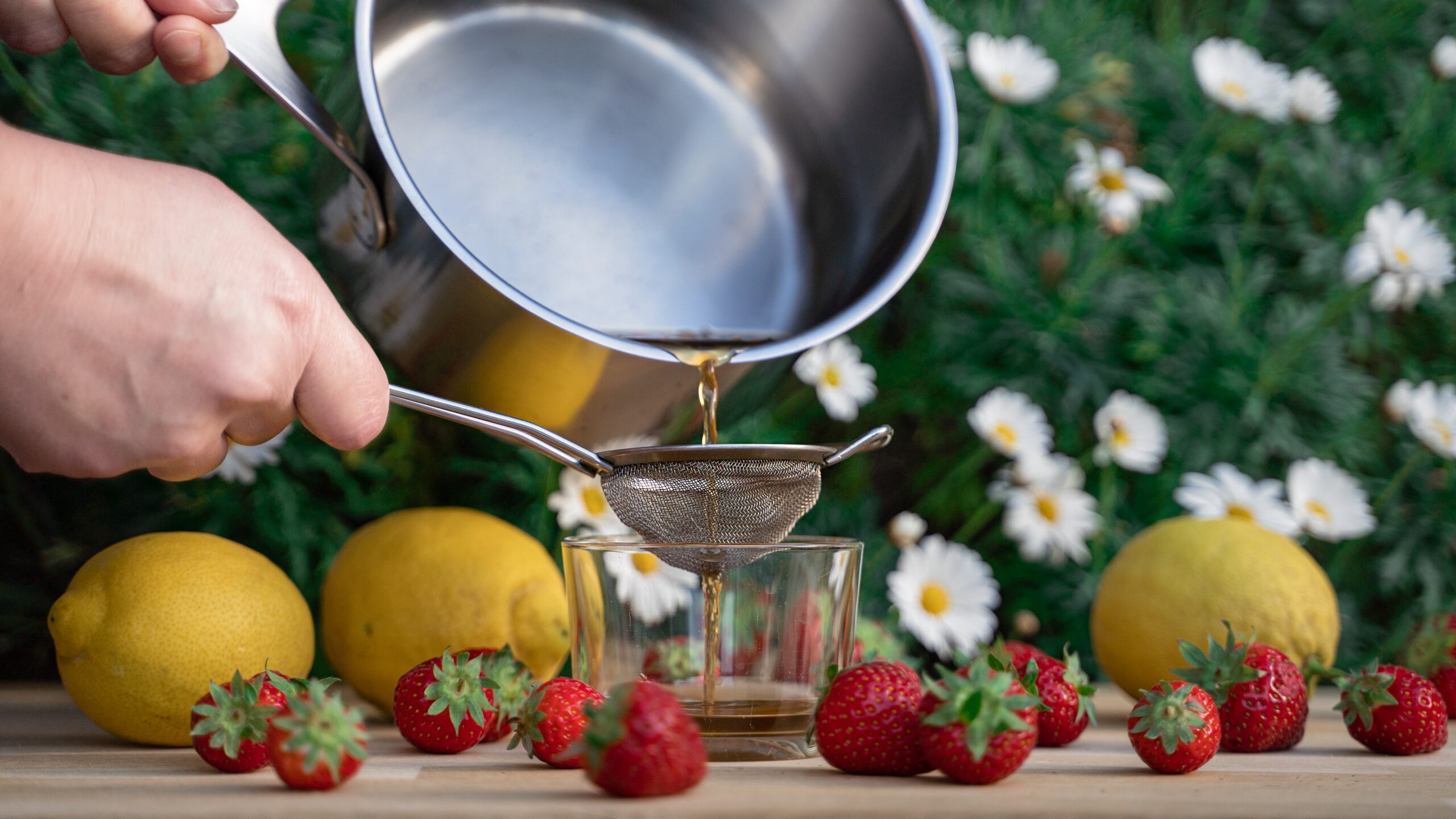
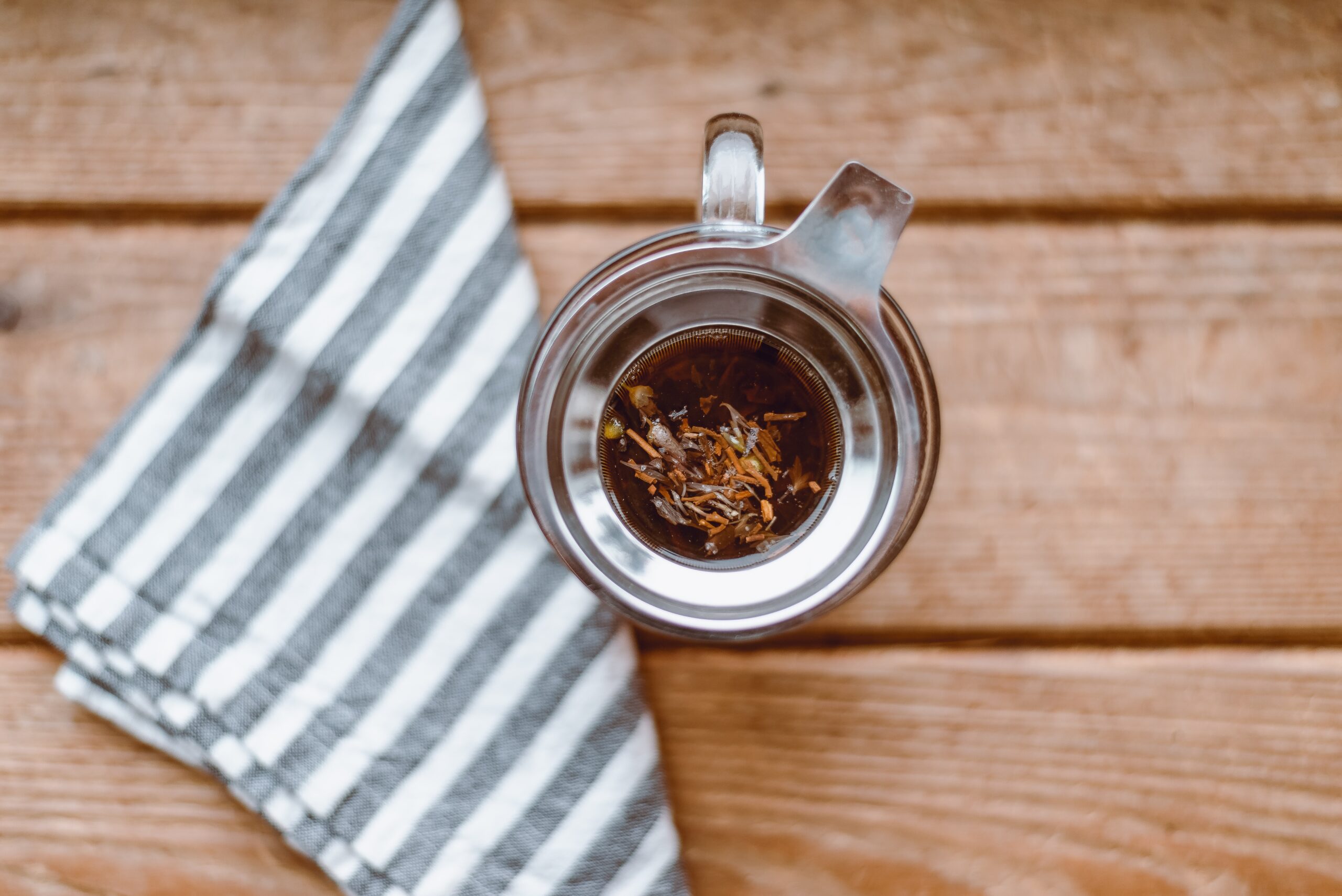



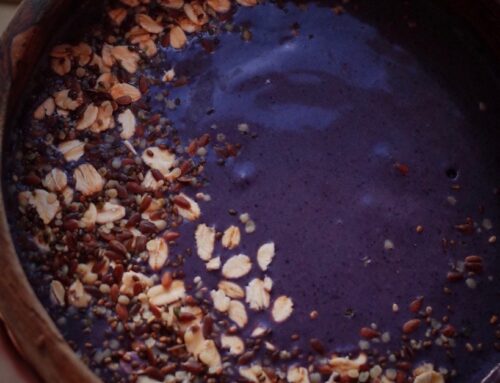
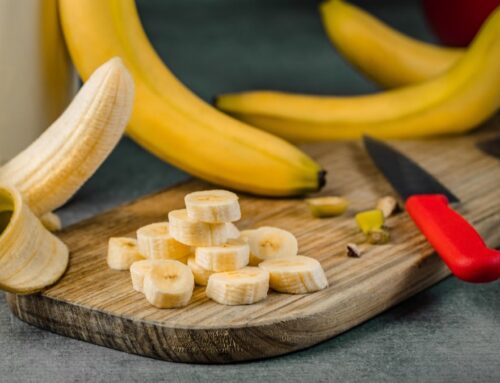
Leave A Comment